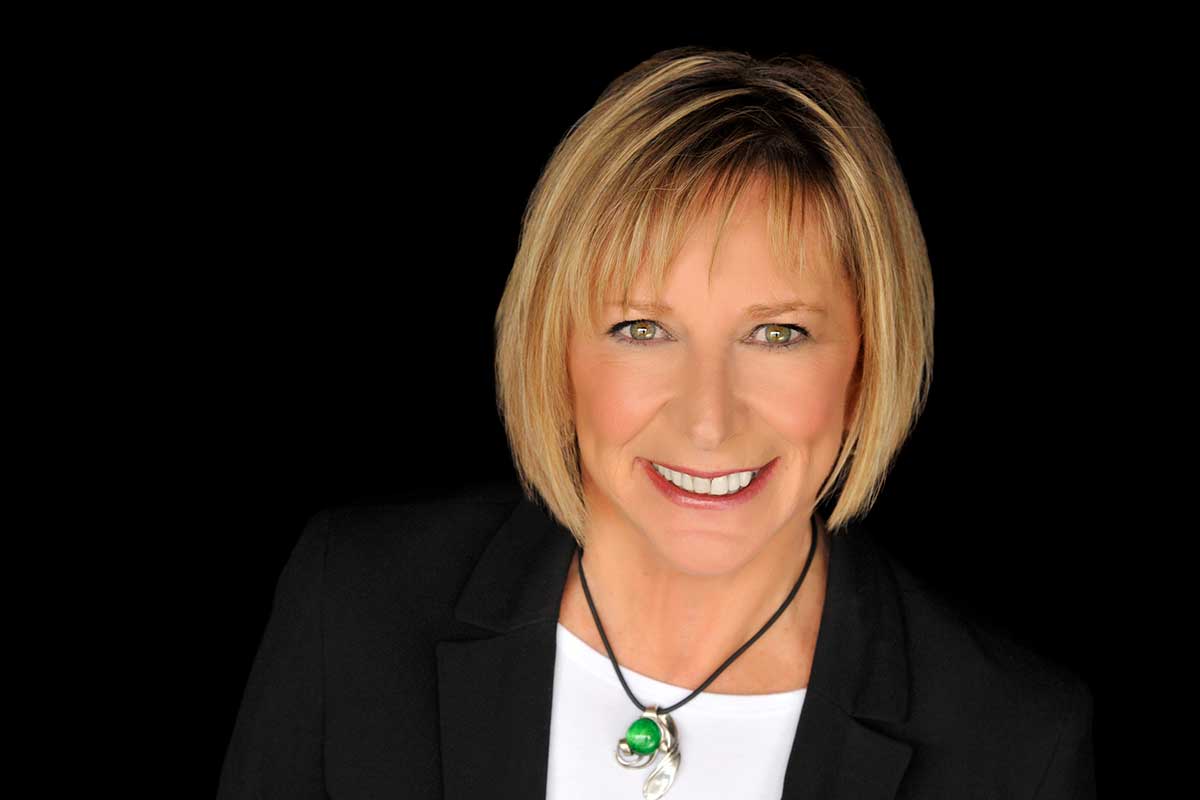Laraine Kaminsky is president and CEO of Ottawa-based Global LK, which she founded it in 2003. She and her team will lead Diocesan senior staff, all clergy and all community ministry managers through Project Anti-racism: advancing inclusion and reconciliation in the Anglican Diocese of Ottawa. She kindly made time for a conversation with Crosstalk this summer. Here are a few excerpts:
You’ve had a long career in cross-cultural training. Do you see signs of change or things getting better?
No, I have not seen a change for the better….
People often say to me, “Laraine, [with] the next generation, you won’t be doing this work anymore. My children’s classes are like the United Nations, you’ll see.” And then this young man mows down a family in London, Ont. So don’t tell me that it is a generational problem. There are so many examples of cruelty and disparity, terrible actions.
For sure, organizations that didn’t do this work in the past are doing it. I’ve always had the banks, professional services, doing the work, but right now we are seeing it across many different sectors.
So maybe there is some momentum in increasing awareness, at least?
Yes, and now there is a push to go beyond awareness. [People are saying,] “We want to see some action. What are you going to do?”
Rolling out an educational process like what we are doing with the Diocese, we are starting with an awareness piece. Now, some people are already aware, but then it’s being more aware to facilitate education. This cannot be, in any organization, just a one and done. It has to be a consistent effort for individuals and their organizations. So if you are a community leader, how is this impacting on your community? If you’ve got a congregation, how is this impacting on your congregation?
What would you say to encourage participants who are aware that everybody has unconscious biases and are feeling anxious about what they might see in themselves?
Often times people who have been in a well-meaning or helping occupation feel in some way kind of threatened or concerned. “What have I been doing wrong in the past?” …
I know many church groups have done great things with welcoming Syrian refugees, for example, which took them out of their comfort zone. They got to know the other, got to walk a mile in someone else’s shoes…[Come with] that attitude and willingness to be open, to learn, to be curious.… Our approach is very much come join us and learn together. …
There are people on our team who are racialized themselves, so they’ll provide examples from their own background.
I personally come from South Africa where I saw legitimized, legislated racism, which is why I left and now live in the second coldest capital city in the world,… but like many people, I came here to make a better life for my children. But so did that Muslim family who were walking in London, Ont… I have thought a lot about that….
It’s like someone has taken off the band-aid at the moment and we are seeing the hurt and the pain and people are articulating that pain.
How would you describe your approach?
Our philosophy is that each one of us, and I am saying us, it is all of us,[must ask] how are we going to engage our head, our hearh and our hands? The 3 Hs are really important. The head to increase our knowledge, and again we are in different places with our knowledge.
And our heart — the empathy, compassion, the recognition that there is work to be done and not to deny.
And then the third thing is the hand — what do you do? Depending on your role at the Diocese, you can do different things.
And if everybody does what they can, we will move to become a more inclusive and compassionate, empathetic organization where leaders will have more of the three and congregants of the communities will have opportunities to do things differently.


Saint Mary’s Church, Westmeath — Deanery of the Northwest